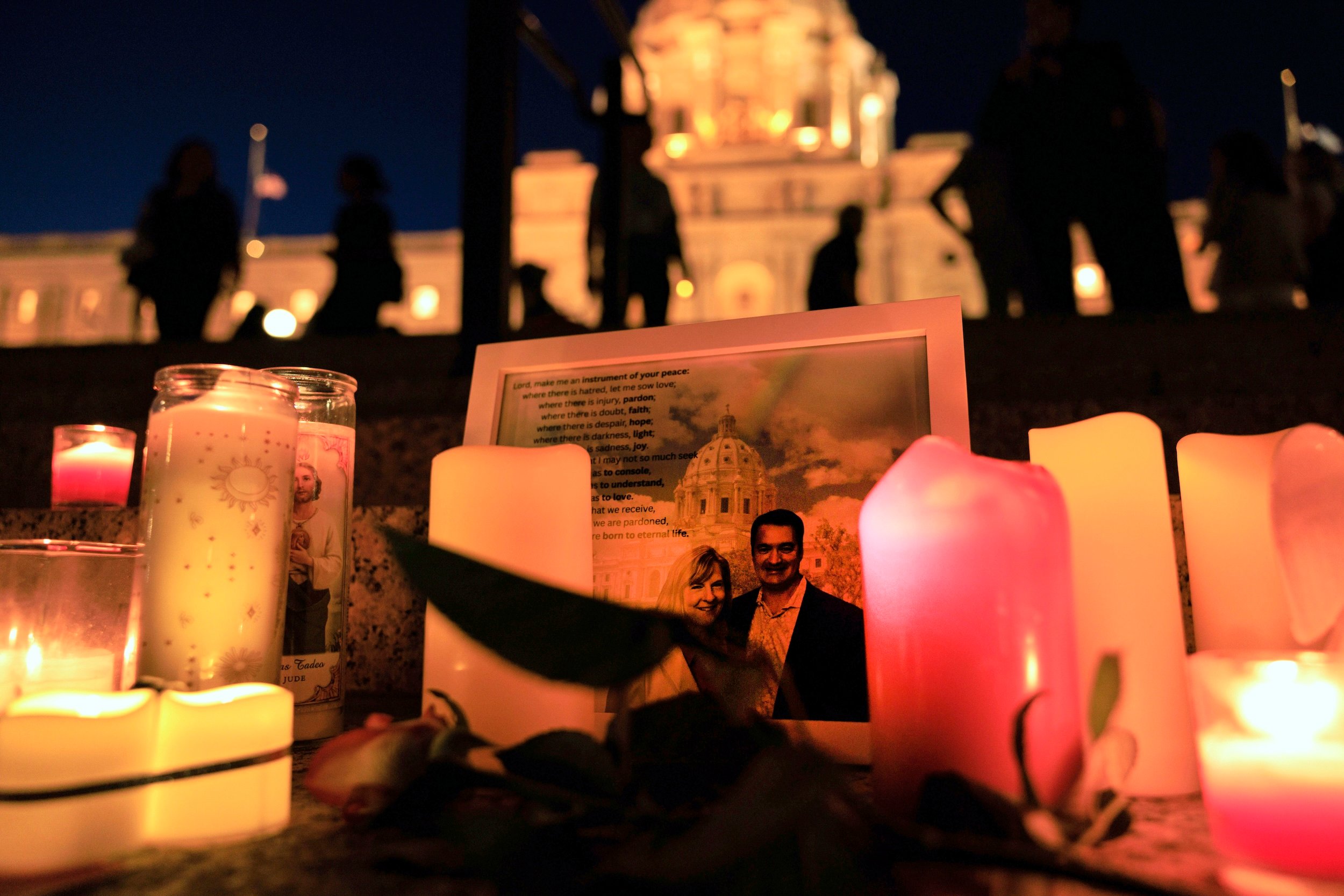Good morning, Bulletin readers. Criminologists thought it was impossible to get DNA from shell casings, but a technique pioneered in the Netherlands is having notable results. Ann Givens has that story, in partnership with Wired, below.
Receive this daily news briefing by email every morning. Sign up here.
WHAT TO KNOW TODAY
NEW from THE TRACE: Using new technology, scientists are recovering DNA from shell casings at crime scenes. Shell casings found at crime scenes are often the best (or only) evidence detectives have to go on. Ballistic testing can offer clues about what kind of gun was used, and whether that same gun was used in another shooting. But police departments haven’t had a way to reliably lift DNA from casings to determine who may have fired the weapon. San Diego police have pioneered a technique that does just that — dramatically increasing investigative leads. Read more about the breakthrough in Ann Givens’s collaboration with Wired.
With murders spiking this year, New York City announced a plan to stem the violence. There have been 52 homicides in the city so far in 2019, compared with 38 in the first three months of last year. The NYPD’s response includes traditional measures, like sending more cops to certain neighborhoods and increasing gun prosecutions. But the city will also boost resources for parolees and expand the CeaseFire program, which helps high-risk people access social services. From The Trace archives: New York has gotten solid results in the past from related gun violence intervention programs.
An Illinois county is taking steps to remove guns from people no longer allowed to own them. The change in Lake County comes in response to a mass shooting in Aurora, Illinois, last month perpetrated by a man who never turned over his guns after he was flagged as a prohibited possessor. The suburban Chicago county says it will assign detectives to confiscate guns from people whose privileges are revoked rather than relying on a de facto honor system.
A bill in Utah would let women who have taken out restraining orders carry guns without a permit. The measure, which passed the state House on Monday, would give a woman a 120-day period in which she can carry a concealed weapon without a permit or training. ICYMI: The belief that armed women can fend off abusers is popular in gun rights circles and with conservative politicians. But experts warn that the introduction of guns into abusive relationships can imperil victims.
Meanwhile, in Arkansas, lawmakers want to bar domestic abusers from gun ownership. A recently filed bill would bar a person convicted of misdemeanor domestic violence from owning a gun. Under the proposal, courts would be required to send domestic violence records to the Arkansas Crime Information Center, which would forward those records on to the national background check database.
An Indiana man whose gun was used to kill a child won’t be held liable, a court ruled. In July 2016, a 16-year-old was killed with a stolen weapon after another teen took the loaded gun from the seat of an unlocked truck, court records show. The victim’s mother filed suit against the owner, arguing that he negligently stored the weapon where it was visible and accessible. But the Indiana Court of Appeals has ruled that her case can’t move forward because of a state law that protects gun owners from liability if their guns are stolen and then used in a crime.
A man and a child were shot outside of a busy restaurant in Florida. Freddie Jean-Charles, 31, died of a gunshot wound after he was hit by a bullet in the parking lot of a Dave & Buster’s off I-95 between Miami and Fort Lauderdale. A 10-year-old boy was also struck and treated at a nearby hospital. Police are still searching for a suspect and have not revealed a motive for the shooting.
ONE LAST THING
Unsolved shootings draw focus in another city. Of the 43 homicides in Newport News, Virginia, last year, 28 remain unsolved, the local Daily Press reports. Eighty-six percent of the murders last year were committed with a gun, and 60 percent of the victims were black men. Those numbers reflect the nationwide rise in unsolved shootings that we documented in our joint investigation with BuzzFeed News. “They don’t go after the murderers in the cities, the ones that kill our sons,” a Baltimore woman whose son’s murder has gone unsolved for more than a decade told us. “People have no hope.”

